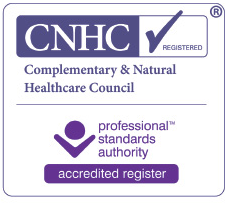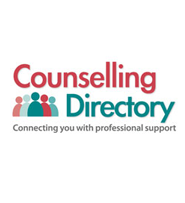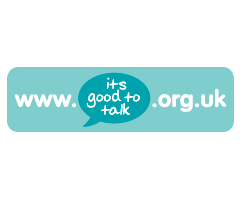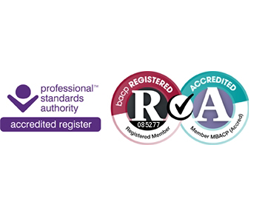Many couples don't consider counselling until they feel it's a last resort. Often people choose to get relationship advice from friends and family first and there is nothing wrong with that, they can be great to talk to but when you come to think about it they also have unresolved relationship problems and hidden agendas.
Some couples wait until they are at their wits end? They would like to save their relationship but are not really sure how anymore?
Maybe things have been like this for a while … both of you aware of a relationship problem but you have been hoping things would improve on their own, and that's OK.
If you are starting to think about couples counselling but are asking yourself “does Relationship Counselling really work?”
Well the simple answer to that is of course, yes... and no. That is, if you do the work to make it work, then yes, it works. But is that a really useful answer to the question?
Perhaps a more helpful way to respond to this question might be to look at how couples' counselling works. Then you can decide for yourself if it's something that will work for you.
How it could help you
The sessions start off with an initial consultation. This is a mutual assessment to explore whether counselling with me is going to be your best option
The main idea behind Relationship Counselling is that you are in a safe space where you can talk through your issues in a more effective way.
You might have been trying to talk about something that is very emotional and all you end up doing is going round and round in circles and never coming to an agreement.
Maybe one of you gets too upset and angry, or shuts down and walks away whenever you try to work things out?
The counselling room provides a calm secure place where you can broaden, widen and deepen your conversations without getting caught up in patterns that have been getting in the way of you reaching an understanding.
It can feel like a big step to get professional help for what may be the most private area of your life
Just by booking your first appointment and agreeing to come together is really significant. It shows the importance of the relationship to both of you and can often be a huge part of the healing process.
Lot of couples are anxious that I will take the other partner's side, or may secretly hope I will take theirs!
I treat both of you equally, and I am on the side of your relationship. I am not interested in deciding who is right or wrong, who is the good one or the villain.
I firmly believe that both people create and contribute to the relationship issues, even when they are genuinely unaware of it and do not mean to. I see part of my role as bringing this into your awareness and helping you both find a better way of being with each other.
In your sessions you will also be learning more effective ways to communicate and resolve conflict. I can teach you how to talk about emotions, and provide you with structures and techniques that will allow you to talk about the most painful things without getting derailed into arguments.
I can help you analyse your arguments and identify the patterns that lead to friction.
These are skills for you to take away and put into practice in all your relationships in your day-to-day life.
Change does not happen overnight; issues have normally built up over months or years. Lasting change to your relationship is often a gradual process, having said that I have worked with many couples who have experienced fundamental changes to their relationship in six to eight sessions.
For some Couple counselling can sometimes be about the ending of one relationship and the beginning of another. Here the couple is encouraged to work through any outstanding issues and unresolved feelings, allowing the move towards separation to be conducted in an adult and amicable manner. A swift and peaceful transition is vital if children are caught up in the separation of their parents.
My family work also includes helping children, teenagers and adults to deal with various emotional and behavioural difficulties and concerns like bullying, anxiety, fears and phobias, depression, low self-esteem, bereavement, coping after a divorce and many more.









